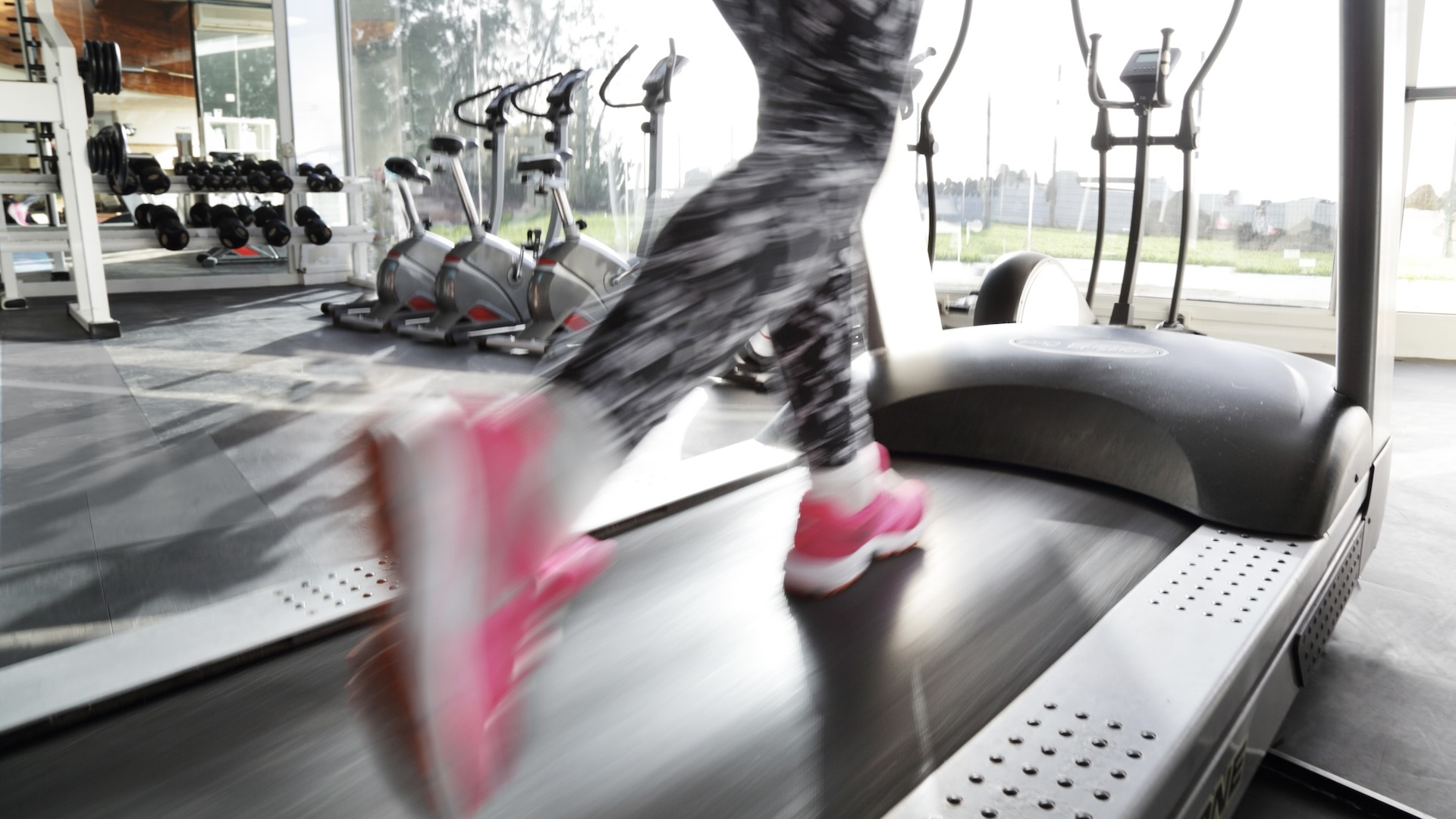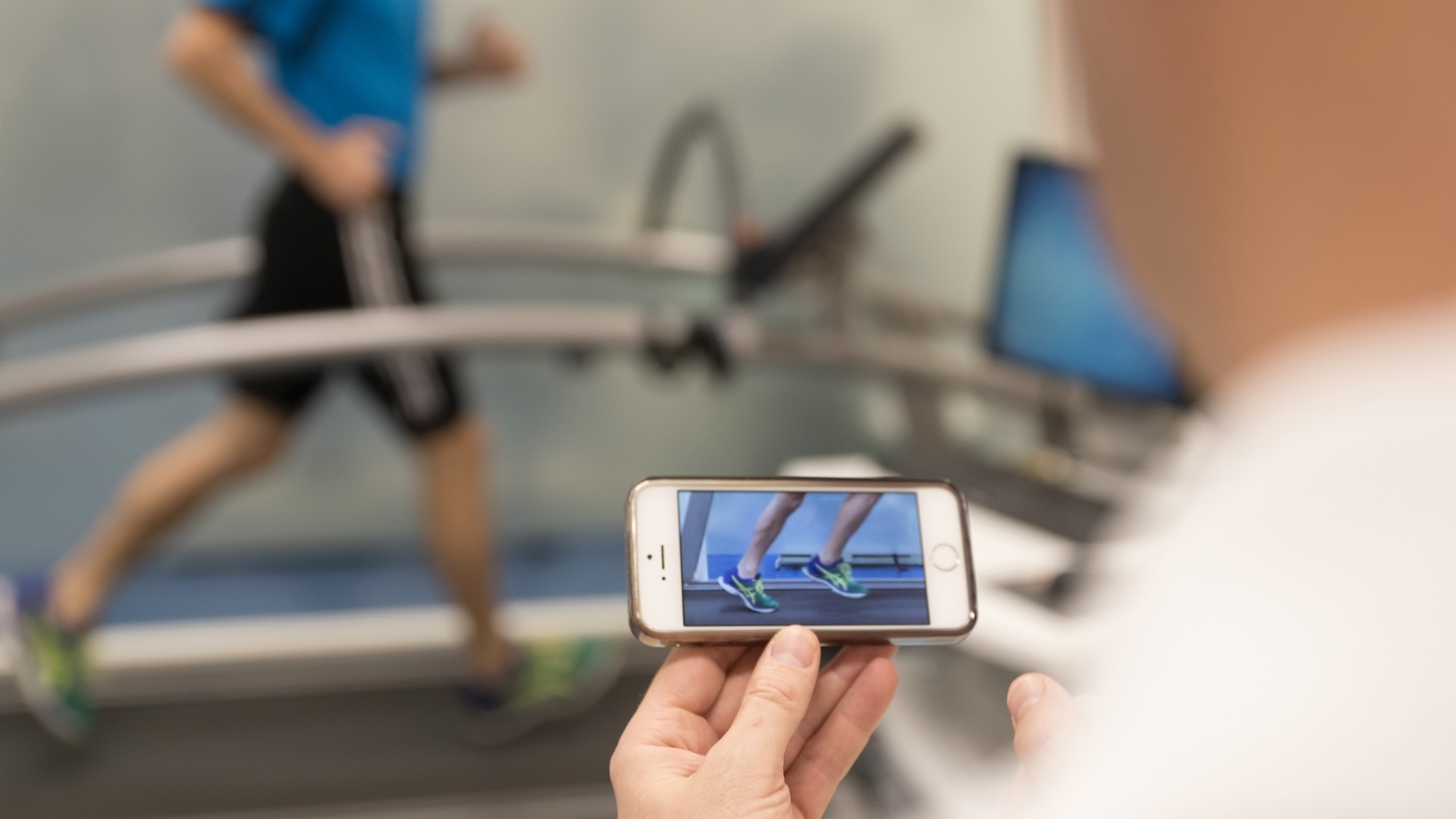
There will be very few runners who have not faced an injury at some point in their lives. From muscle strains and pulls, to ligament tears and broken bones, there are many issues that can stop a runner in their tracks. Depending on the length of time of the running injury, it can be very tough for runners to be facing the obstacle of time out from their favourite fitness activity.
We bring you a guide to what you can do to stay positive when you’re injured and can’t train like normal.
1. Focus on you
Running can be very time consuming and it’s often the case that if you have been doing too much running, an injury will occur. Instead of getting low because you can’t run, now is the time to think about how enjoy a range of other activities.
Perhaps you have a book you have been meaning to read – maybe one of these best running books – finances and personal admin that need to be sorted; a visit to see a friend elsewhere in the country; or any of the other things that runners tend to ignore because running is their main focus.
2. Stretching and strength training
If you can’t run due to an injury, it’s the perfect time to start the stretching and strength training routine you have long been planning but never quite got around to.
Why not take the chance to find a yoga class or book a one-to-one Pilates session?
While stretching might help with your injury recovery, strength training can help with future-proofing you body so that when you do get back to running, you a physically more robust.

3. Try something new
You can’t run, but this doesn’t mean you have to avoid all sports. Try to find an activity that you can do without exacerbating the niggles that can occur for runners.
How about cycling instead of running, or spin sessions, kayaking, stand-up paddle boarding, swimming (especially wild swimming) or simply heading to the gym?
4. Do low impact exercise
Running is a high-impact sport and that has benefits, such as keeping bones strong, but when you are injured it is usually better to choose low-impact activities. This might be swimming, yoga, walking, or even a walking meditation, as examples.
Being able to exercise, even if it’s not running, can help you to stay positive.
5. See a physio
A physiotherapist will be able to assess your injury, or injuries, and guide you towards the best road to recovery. Making a plan of action for recovery and strengthening can help maintain positivity.

6. Find the root cause of the injury
Whether you enlist the help of a physio or another expert, such as a podiatrist, osteopath, chiropractor, massage therapist or menopause specialist, it's important to find the root cause of your running injury. Once this has been identified you can start to build a plan that will aim to return you to running.

7. Get a running gait analysis
It might be that your running gait is causing your injury and, if so, you may need new running footwear or orthotics. Seeking the advice of an expert in gait analysis – perhaps at a local running shop – or seeing a podiatrist can help you to stay positive even when you need to take a break from running.
8. Don’t forget your running friends
You might not be joining your friends for regular runs, but make an effort to stay in touch and meet up in other ways. Could you meet for a walk or a bike ride instead, or just chat via WhatsApp? You could offer to support running friends in a race or on an adventure they have planned to keep the team spirit alive. Just because you re injured, it’s important not to give up on the enjoyment of socializing.
9. Log off Strava
Strava – and other forms of social media – can lead to FOMO (fear of missing out). You will obviously be missing out on running activities because you are injured but it can lead to a lot of negativity for some runners if they continue to keep track of what everyone else is still doing. Try to take a break from Strava if you know it will trigger negative thoughts.

10. Plan a future running event
Use your injury recovery time wisely, perhaps to plan a race, adventure or holiday. Having something to look forward to will give you a more positive outlook.
11. Try a little retail therapy
Assess your running clothing, footwear and equipment to see if there is anything new you might need or something that should be replaced, for example a GPS watch or running pack. A spot of retail therapy can do wonders for positivity when you are injured and can't run (though of course, only if there's something you really need).
- The best cheap running shoes: tried and tested options for all budgets







